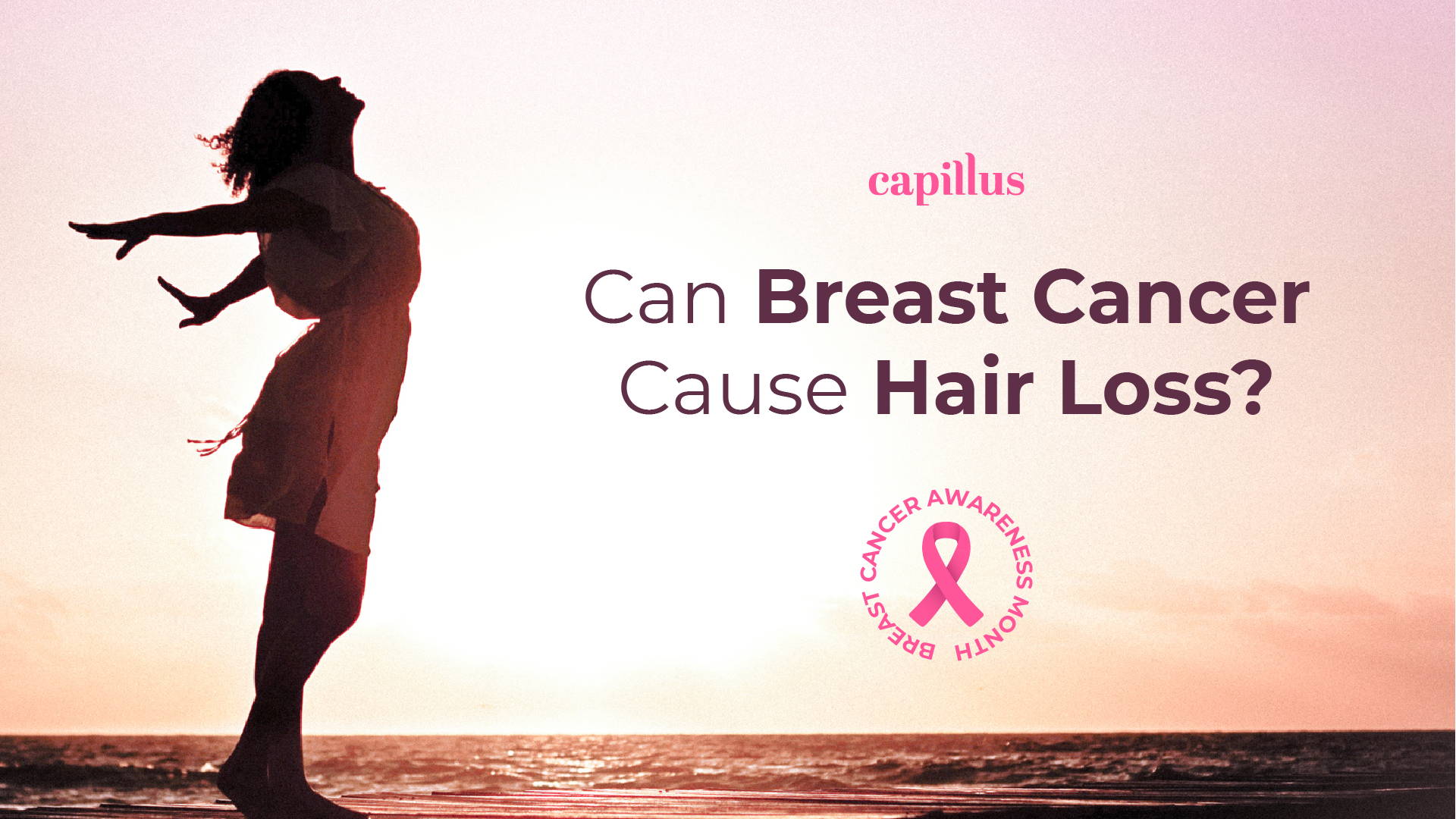What is breast cancer?
Breast cancer is the unregulated growth of cells in your breasts. The breast is composed of three different parts: the lobules, ducts, and connective tissue. According to the CDC, the kind of breast cancer you get is determined by where in those three parts of the breast become cancerous. The two most common forms of breast cancer are invasive ductal carcinoma and invasive lobular carcinoma – the former being more popular.
How someone might get breast cancer is dependent on many factors, like age, genetics, former treatments involving radiation, etc. Symptoms of breast cancer can range from pain and nipple discharge to lumps in and around your breasts and extreme irritation. We encourage you to speak with your doctor if you feel anything out of the ordinary regarding your breasts.

Does Castor Oil Help Hair Growth?
Grey Hair and Hair Loss: Are They Related?